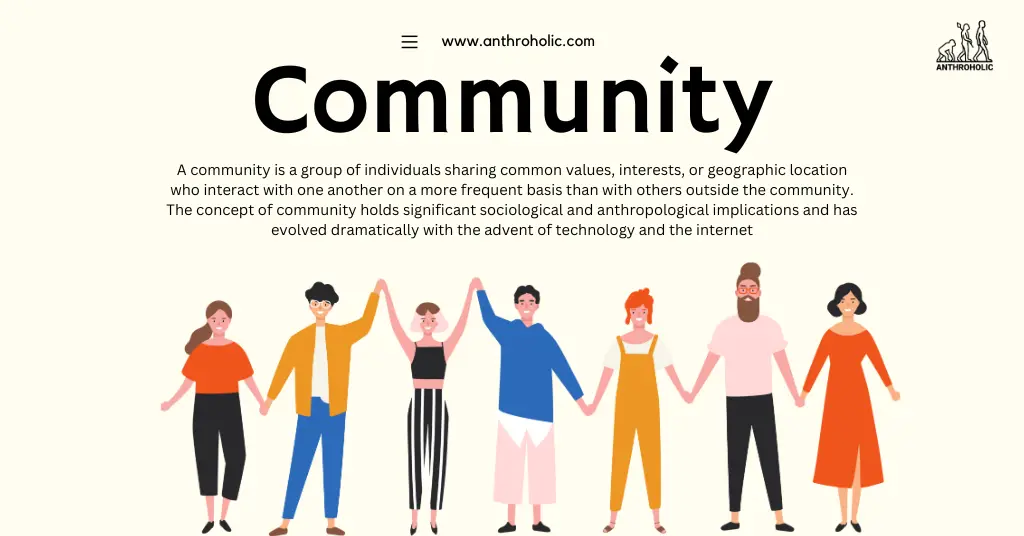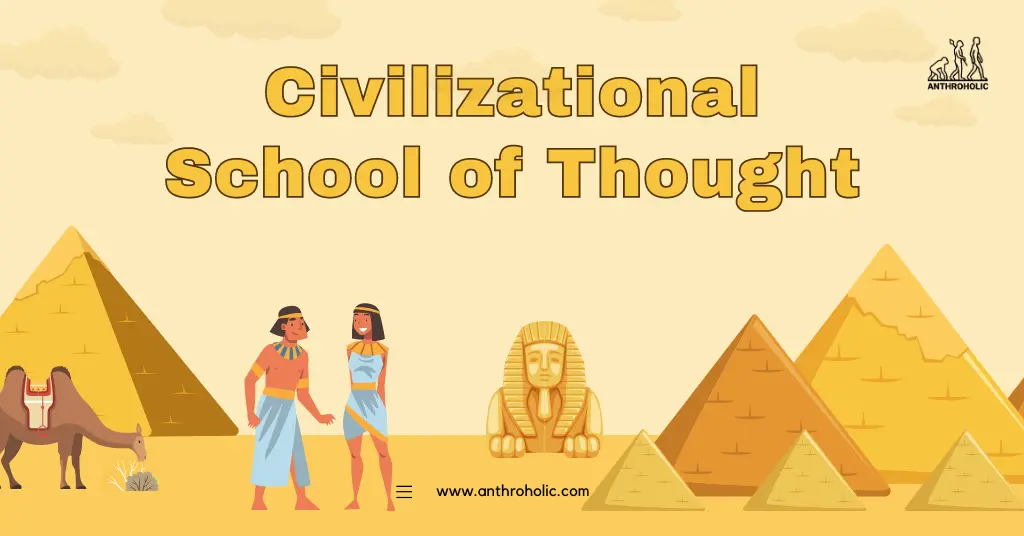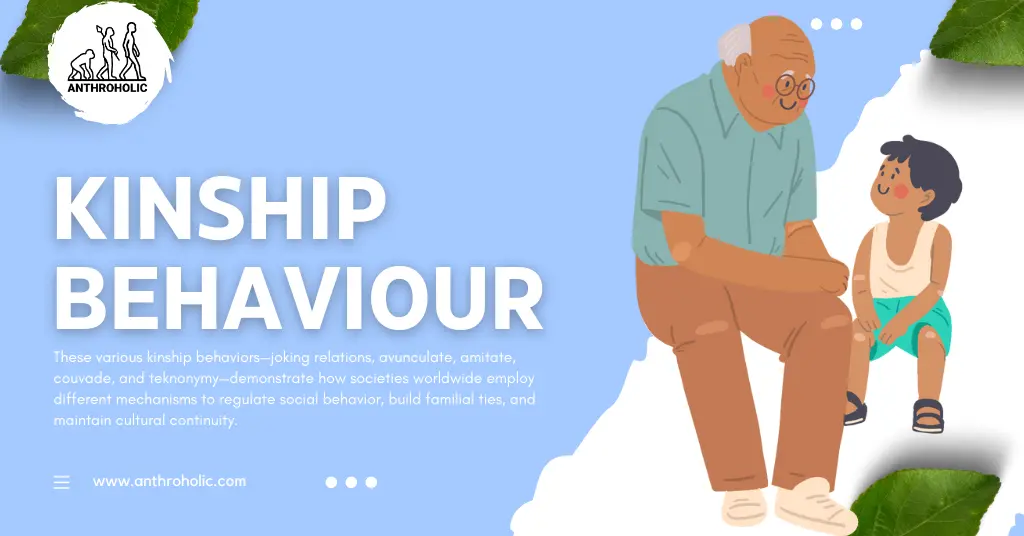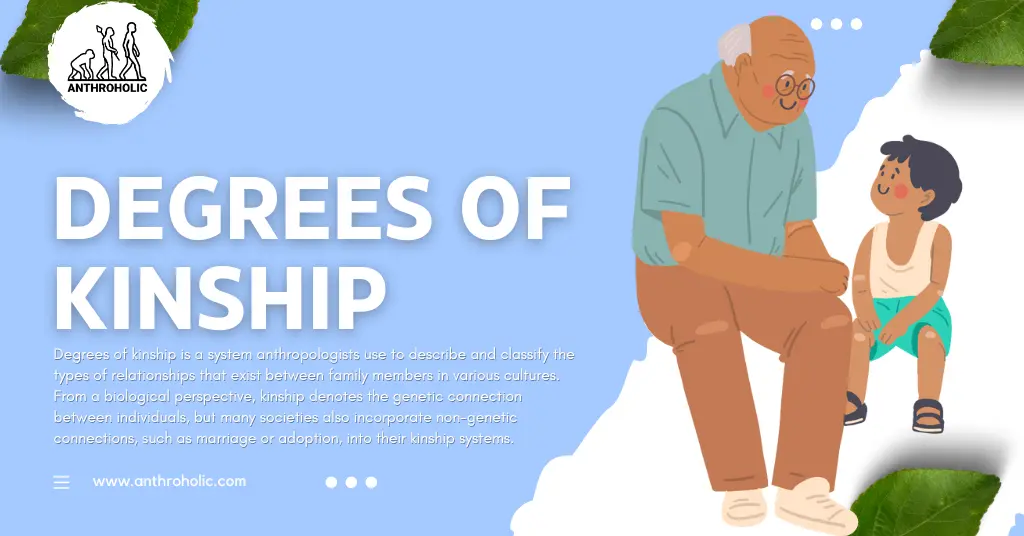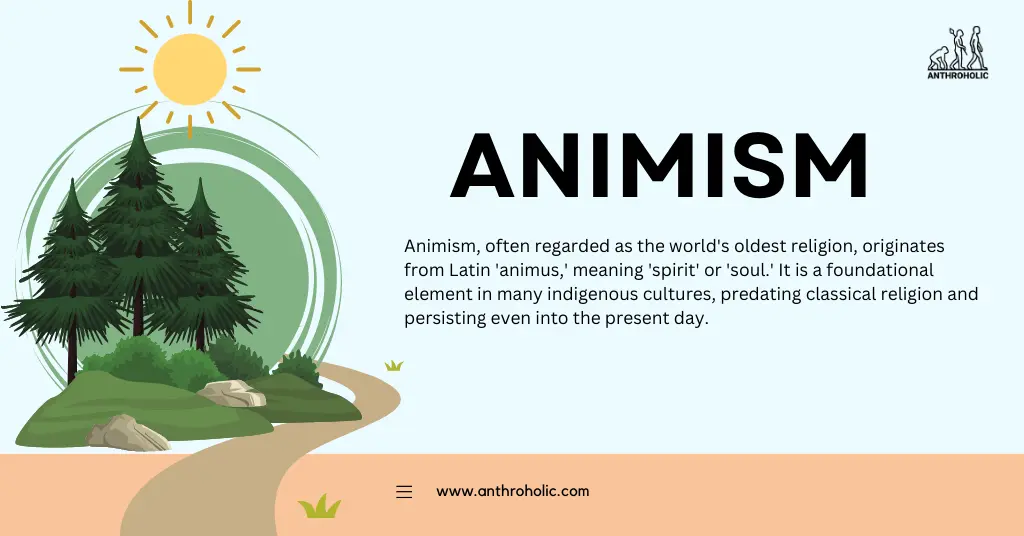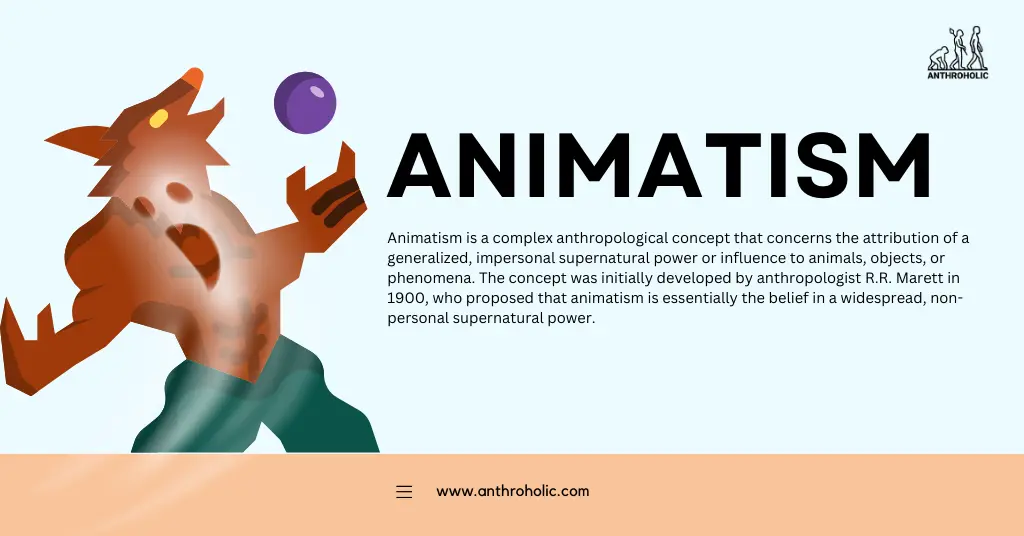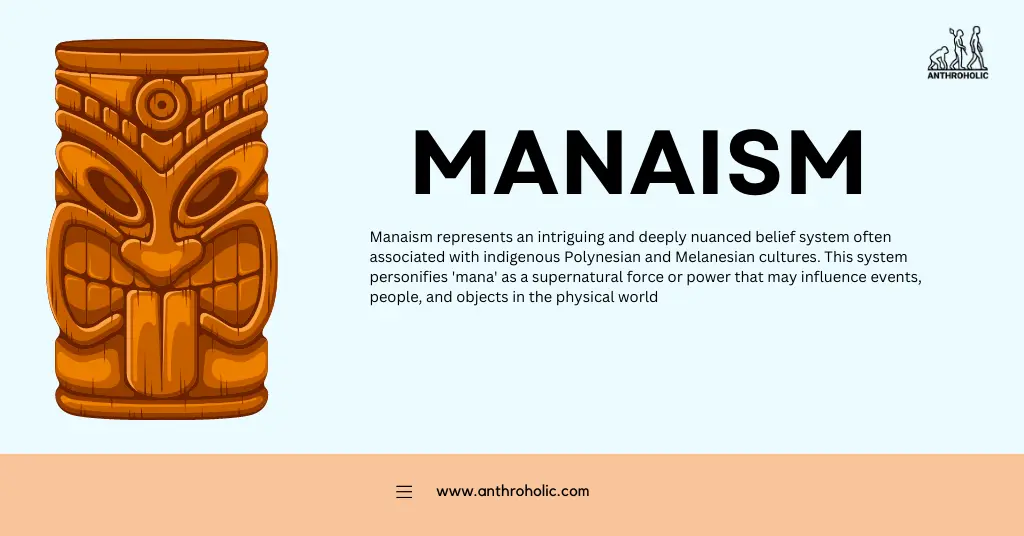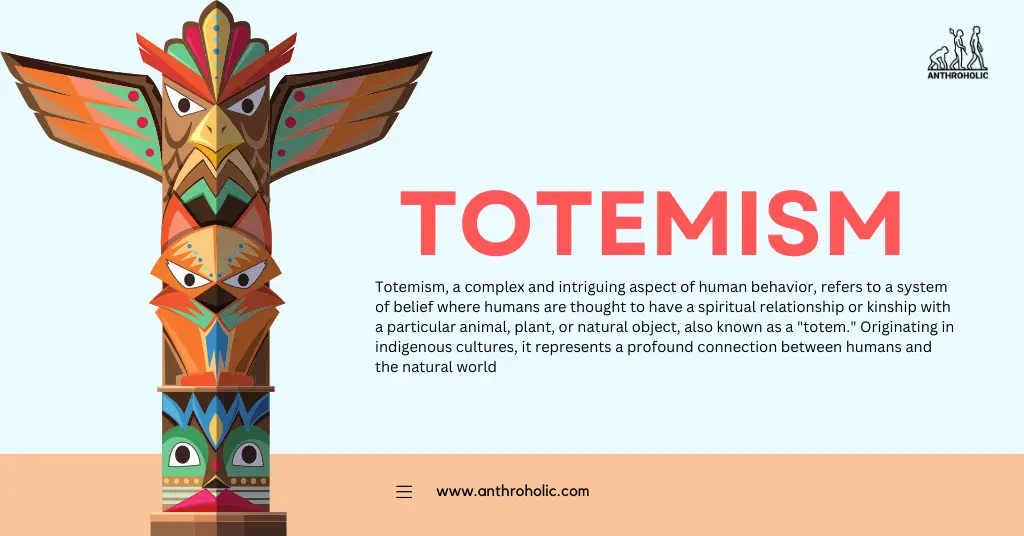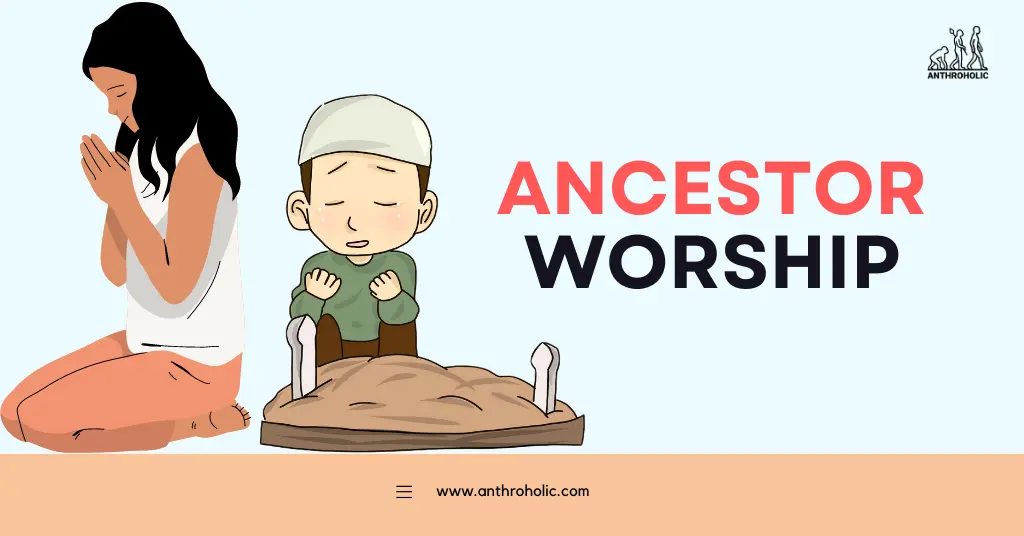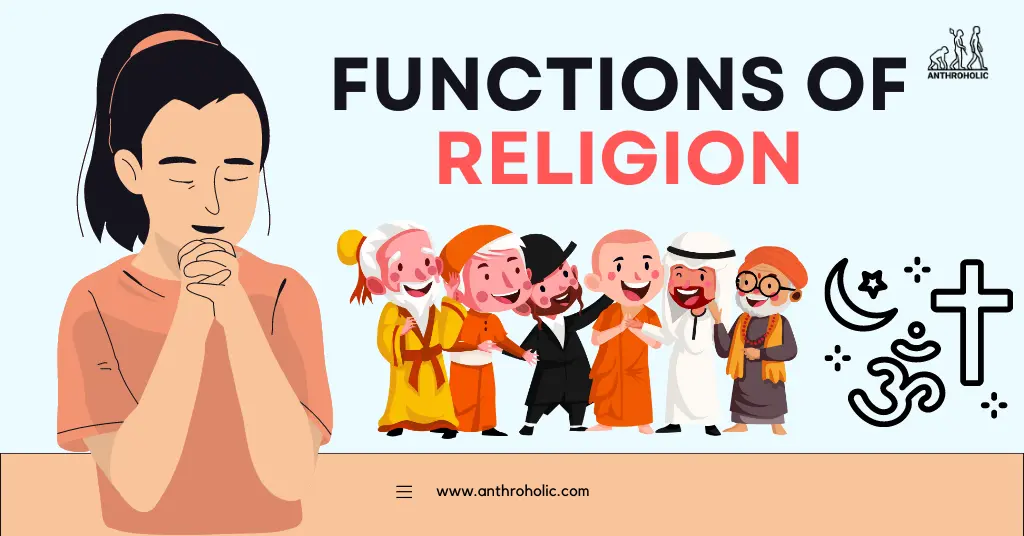AI Answer Evaluation Platform Live Now. Try Free Answer Evaluation Now
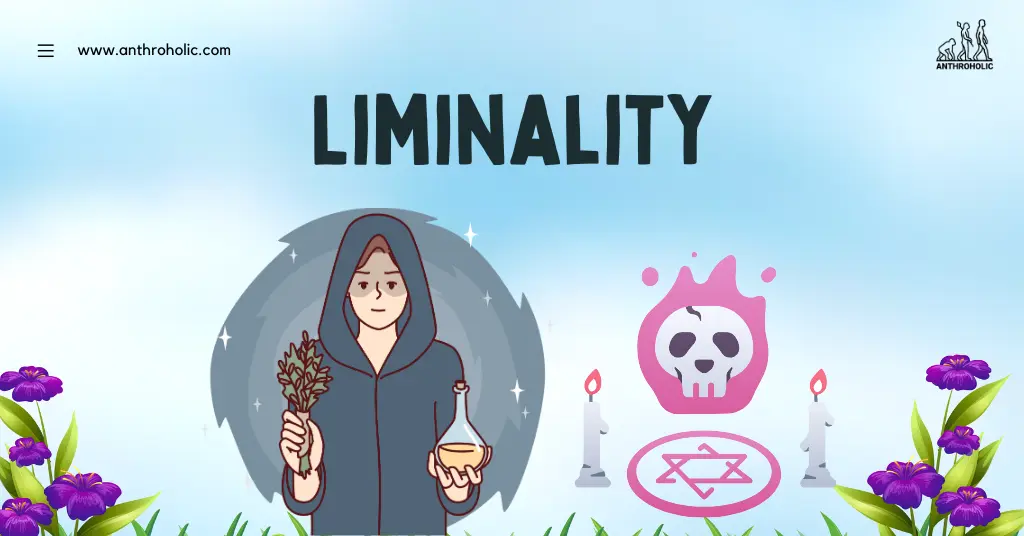
Liminality
Liminality, a term first coined by anthropologist Arnold van Gennep in his work "The Rites of Passage", originates from the Latin word 'limen,' which means 'threshold.' This concept refers to the transitional period or phase of a rite of passage, during which the participant lacks a defined social status.
